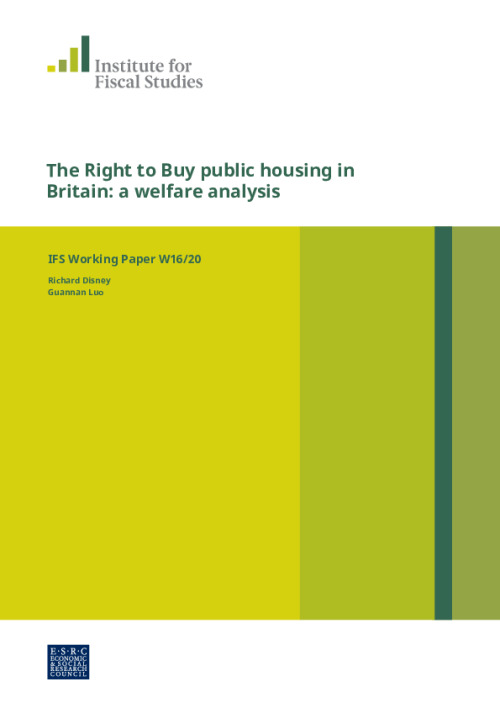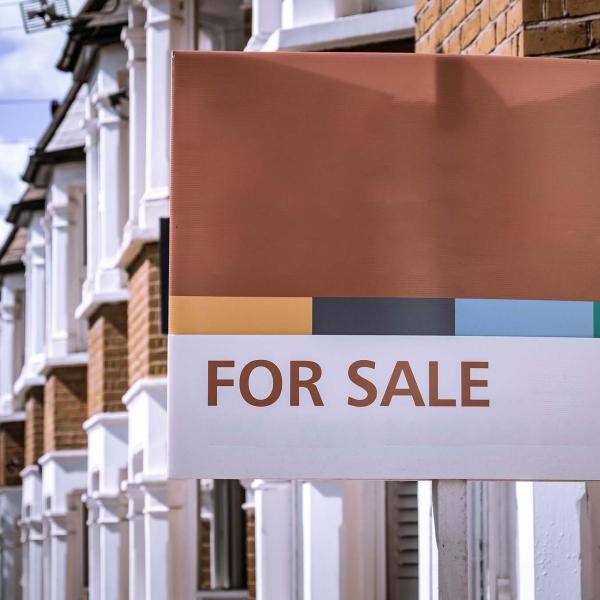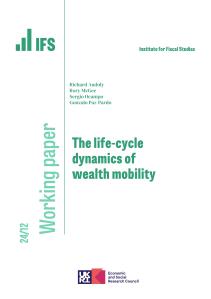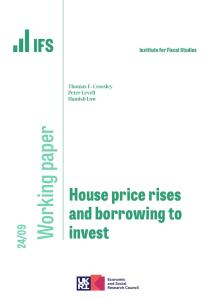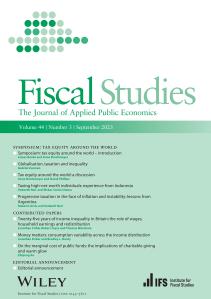We investigate the impact on social welfare of the United Kingdom (UK) policy introduced in 1980 by which public housing tenants (council housing in UK parlance) had the right to purchase their houses at heavily discounted prices. This was known as the Right to Buy (RTB) policy. Although this internationally-unique policy was the largest source of public privatization revenue in the UK and raised home ownership as a share of housing tenure by around 15%, the policy has been little analyzed by economists. We investigate the equilibrium housing policy of the public authority in terms of quality and quantity of publicly-provided housing both in the absence and presence of a RTB policy. We find that RTB can improve the aggregate welfare of low-income households only if the council housing quality is sufficiently low such that middle-wealth households have no incentive to exercise RTB. We also explore the welfare effects of various adjustments to the policy, in particular (i) reduce discounts on RTB sales; (ii) loosen restrictions on resale; (iii) return the proceeds from RTB sales to local authorities to construct new public properties; and (iv) replace RTB with rent subsidies in cash.
